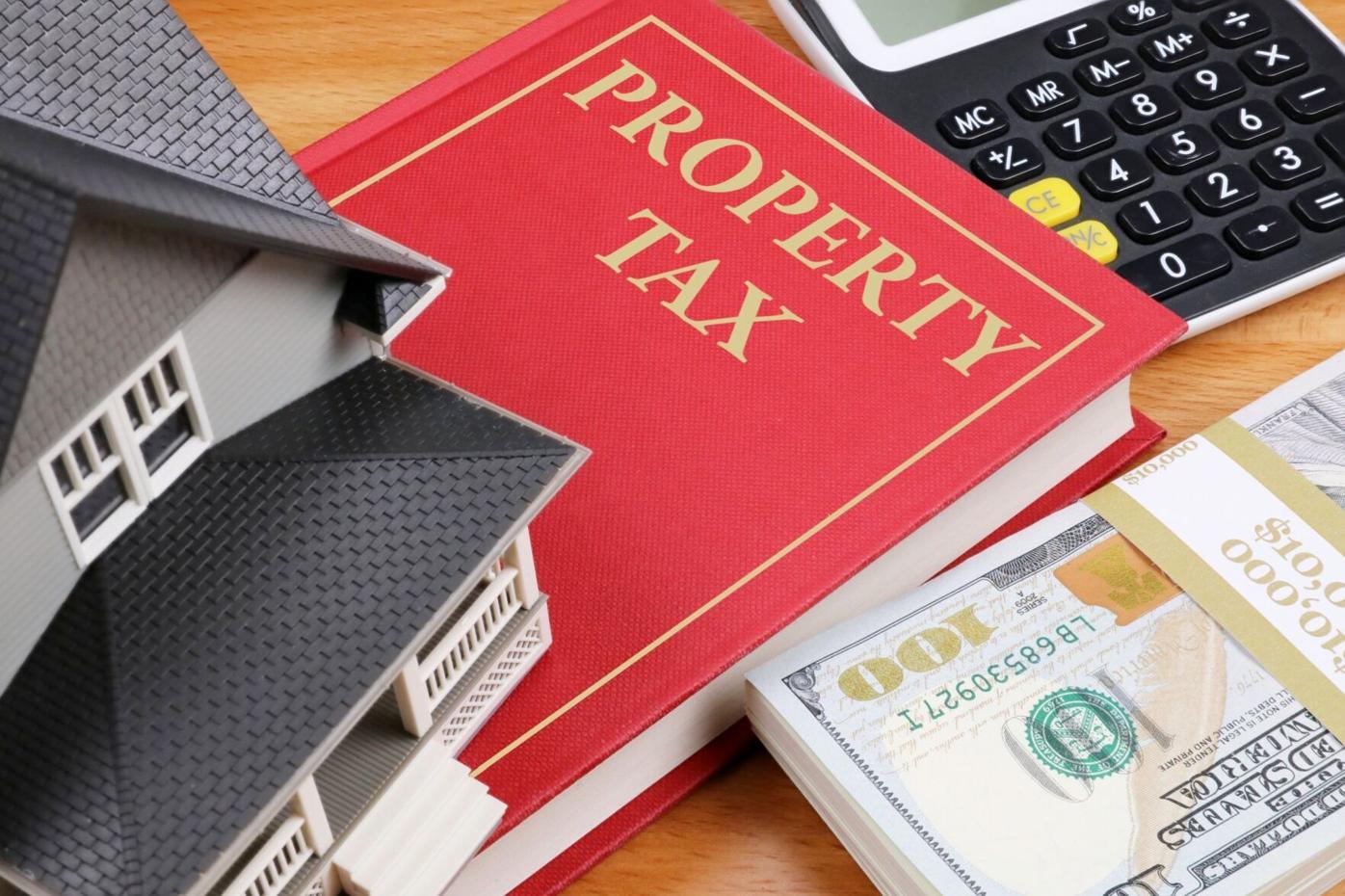What to expect after filing a property tax valuation protest
Arapahoe County saw almost 31,000 protests against property tax valuations — a record number — after the valuation for the median residential home rose by 42%.
Arapahoe County Assessor PK Kaiser earlier noted that the areas that experienced the largest gains in residential property value were Aurora, Littleton and Englewood.
Anders Nelson, the county spokesperson, talked to Colorado Politics recently about the tax protests and what to expect.
Colorado Politics: Can you tell me more about the nature of these protests? Mostly people saying the assessment or valuation is wrong?
Anders Nelson: Protests typically come from residents who do not believe their property is worth what the valuation was determined to be. Normally, the resident feels the value is too high and wants to get it lowered so taxes are lower.
CP: What typically is the remedy? How often does the assessor say, “Yup, you’re right. We got the valuation wrong”?
Nelson: It depends on what evidence is presented by the taxpayer. If a taxpayer can show evidence that their home is not updated like surrounding homes or has unresolved structural or other problems, for example, or presents appropriate comparable sales the Assessor’s Office did not consider, the better the chances of getting their valuation adjusted. Every determination is based on the information available and provided by the taxpayer. The more evidence available, the better the chances of an adjustment.
CP: So, the property tax owner submits an appeal, and the notice of determination (NOD) is basically the assessor saying, “We looked at your appeal and you’re right or you’re wrong or we’re going to modify your assessment”?
Nelson: Yes, but there are five levels of appeal: Protest at assessor level, County Board of Equalization, Board of Assessment Appeals, binding arbitration, district court.
CP: The equalization board decides these protests, correct? Who makes up the equalization board? Any info as to how often the board sides with the property tax owner?
Nelson: The County Board of Commissioners comprises the County Board of Equalization (CBOE). The CBOE, as allowed by statute, appoints qualified independent referees to conduct the hearings at the CBOE (second) level of appeal and make recommendations on the protests for the CBOE’s final decision. Each protest is evaluated on its own facts, and, like at the assessor level, the independent CBOE referees consider all available evidence presented before and at the hearings and make a determination on the merits of each protest.
CP: Can you tell me more about this hearing process?
Nelson: If a taxpayer is not satisfied with the results of their protest upon receiving the NOD from the Assessor’s Office (first level of appeal), they have the ability to continue their protest by filing a timely petition to the CBOE (second level of appeal). A CBOE hearing will then be scheduled before one or more independent referees who hear from both the petitioner and a representative of the Assessor’s Office and determine each protest based on the evidence submitted. The referees submit recommendations on each petition for the CBOE’s final determination. A decision letter is then sent to the petitioner once CBOE decisions are rendered. If the taxpayer is still not satisfied with the results of their protest at that time, they can again continue their protest further to the Board of Assessment Appeals, district court, or an arbitration process through the county (third level of appeal).
CP: What’s the timeline for deciding each protest?
Nelson: The Assessor’s Office has until Aug. 15 to answer all appeals. CBOE hearings will then begin after Aug. 15 and will continue as necessary until CBOE decisions are rendered no later than Nov. 1.
CP: If there are nearly 31,000 protests? How does the equalization board expect to hear all these protests from August to October? That’s 90 days. Or only a fraction of these protests are heard?
Nelson: Typically, a number of the protests received are resolved at the assessor level, and a smaller percentage of the overall number of protests are then filed on to the CBOE level for further evaluation. The CBOE will do its best to schedule and hold hearings on all petitions it receives. An even smaller number of protests are then typically filed on for further evaluation at the BAA/District Court/arbitration level.






